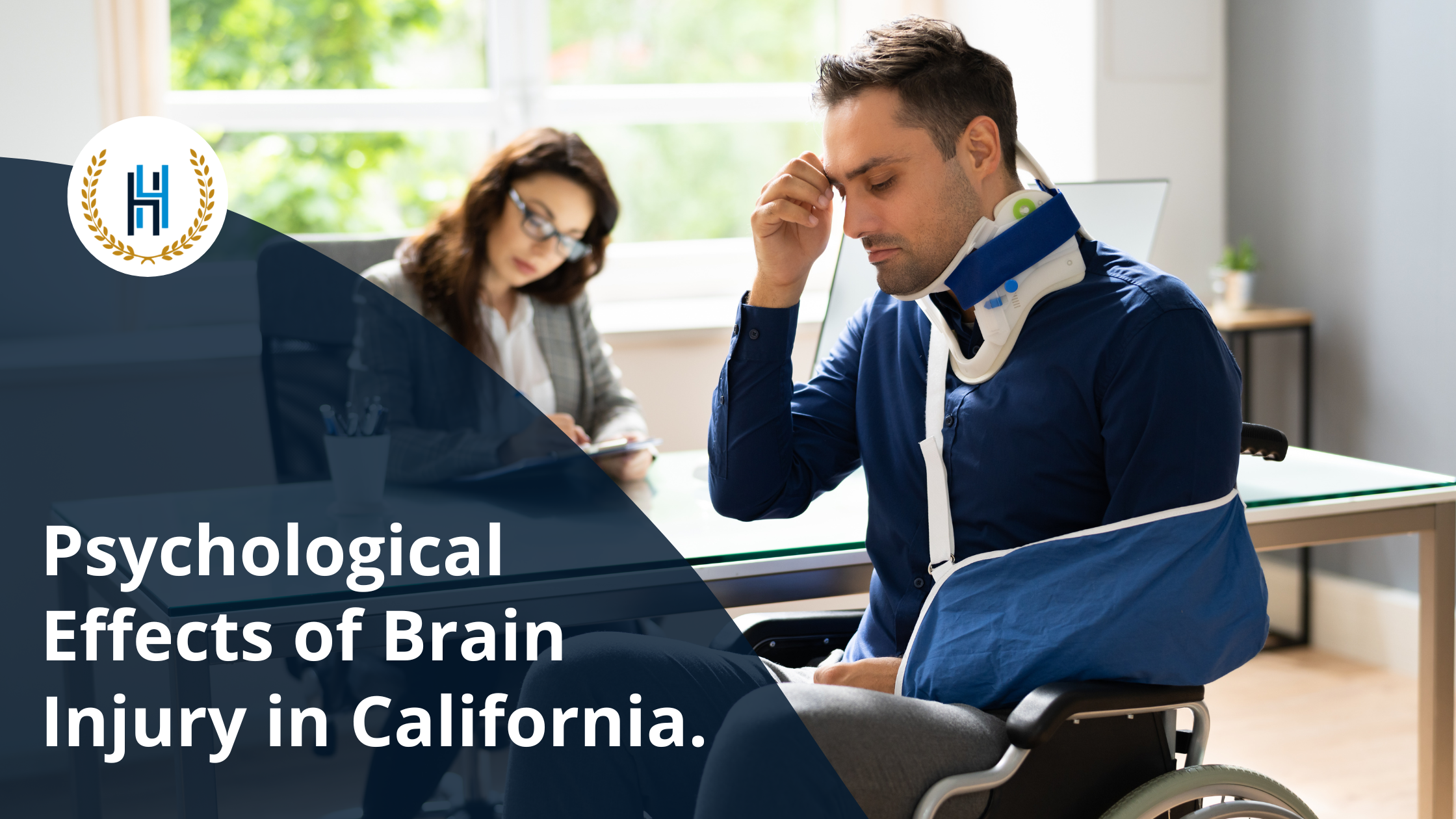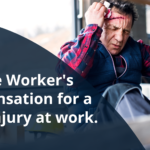After a brain injury, a person may have a variety of behavioural and cognitive changes that affect their emotions or personality. These modifications may be referred to as the psychological effects of brain injury. Many psychological effects may obstruct the healing process, increasing the difficulty for survivors to regain their autonomy and return to their normal lives. Because of this, it’s important to comprehend which psychological effects of brain injury are likely to occur and how best to treat them. Many of the most prevalent psychological effects of brain injury are outlined in this blog article by the knowledgeable traumatic brain injuries lawyer at 2HLaw, along with helpful treatment alternatives.
Additionally, if you’re concerned about how to make a workers’ comp claim in California, you can do so by filing the DWC-1 claim form to the workers’ compensation insurance of your company. Assist with the claims process and provide any further paperwork that may be needed. In addition, under section 1714 of the civil code, injured workers may sue employers or other accountable parties for negligent work practices to recover damages.
How does a brain injury impact psychology?
The brain is composed of several regions and structures, each of which is in charge of certain mental, emotional, and/or bodily processes. When there is a brain injury, the damaged parts can stop functioning correctly. Secondary consequences, or functional alterations, might result from this. Brain injury can have a wide range of physical and psychological repercussions, depending on the extent and location of the damage.
Although the brain’s many regions all have a role in psychological processes, injury to the frontal lobe in particular frequently causes alterations in psychological states. This is because the frontal lobe is mostly in charge of higher-order cognitive processes and is essential for controlling emotions and personality.
Psychological Effects of Brain Injury in California:
- Emotional Lability: Persistent, unacceptable, and unpredictable emotions are common with this health condition. These responses might not fully reflect the respondent’s feelings and might not be suitable under the circumstances.
- Anxiety: Following a brain injury, anxiety, or excessive and ongoing concern about everyday events, can also happen. Some people may experience anxiety as a result of their brain’s vulnerability to overstimulation after an injury.
- Lack of Motivation: An inability to be motivated: Some brain injuries may make it more difficult to access the cognitive functions needed to stimulate motivation. Symptoms include problems doing daily tasks, social isolation, inactivity, and excessive sleeping.
- Loss of Balance: In California, a brain injury may lead to decreased stability and coordination, making it more challenging to stand or walk straight.
- Loss of Thinking: Brain injuries that impair a person’s capacity for response and alertness can cause either a brief or prolonged state of unconsciousness in a Californian.
- Confusion: People with brain injuries in California may become confused and uncertain due to disorientation, difficulties focusing, and reduced cognitive function.
- Slurred Speech: Speech that is hard to understand or may sound slurred: Brain injuries in California can affect a person’s capacity to pronounce words.
Contact a top brain injury lawyer at Hollingsworth & Hollingsworth APC.
To work with a leading traumatic brain injury attorney, get in touch with Hollingsworth & Hollingsworth APC: a brain injury law firm. Our skilled legal team is committed to fighting for brain injury victims and making sure they get the support and money they require. On your side, we will vigorously seek justice by utilizing our extensive experience and commitment to client success. Don’t try to manage the complexity of traumatic brain injury claims on your own; instead, rely on our proficient traumatic brain injury lawyer for individualized and effective legal assistance.
Conclusion
Psychological effects of brain injury influence everyday activities and general health in an extensive psychological aspect. Whatever the symptoms—such as nausea or vomiting, loss of consciousness, balance, confusion, or slurred speech—getting the right medical attention and legal counsel is crucial. If you or a loved one has suffered a traumatic brain injury, don’t hesitate to get in touch with Hollingsworth & Hollingsworth APC’s brain injury lawyer for assistance and to go over your options for payout and rehabilitation.










